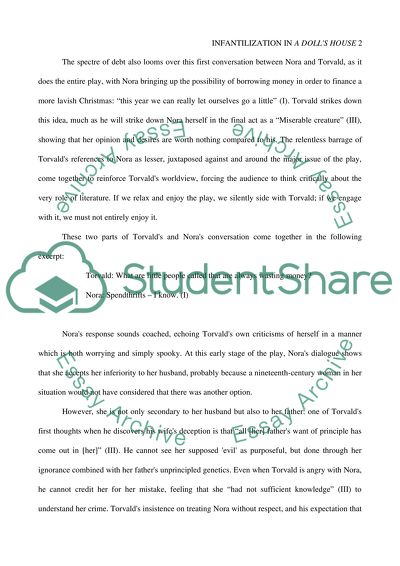Cite this document
(“Infantilization in Henrik Ibsen's A Doll's House Essay”, n.d.)
Retrieved from https://studentshare.org/literature/1414217-infantilization-in-henrik-ibsens-a-dolls-house
Retrieved from https://studentshare.org/literature/1414217-infantilization-in-henrik-ibsens-a-dolls-house
(Infantilization in Henrik Ibsen's A Doll'S House Essay)
https://studentshare.org/literature/1414217-infantilization-in-henrik-ibsens-a-dolls-house.
https://studentshare.org/literature/1414217-infantilization-in-henrik-ibsens-a-dolls-house.
“Infantilization in Henrik Ibsen's A Doll'S House Essay”, n.d. https://studentshare.org/literature/1414217-infantilization-in-henrik-ibsens-a-dolls-house.


